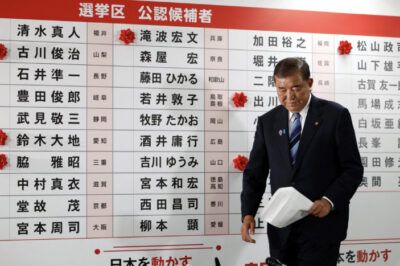Hiring a developer skilled in Ruby on Rails often leads to questions about the necessary qualifications and attributes. How can one identify a developer who fits the needs of a specific project? This article outlines crucial considerations to help understand what to expect when searching for the right candidate.
Understanding the Role and Its Requirements
The role of a Ruby on Rails developer involves creating web applications using the Ruby programming language and the Rails framework. Developers work on both backend processes and integration with frontend technologies. To hire a ruby on rails developer, you must seek someone familiar with the model-view-controller architecture and capable of collaborating with different teams to support project goals.
Knowledge of building scalable applications and experience with database management often play essential roles in this position. Developers usually use APIs, third-party services, and version control tools in their workflow. The ability to maintain clean and organized code can contribute to efficient project maintenance.
Vital Technical Competencies to Consider
Technical proficiency is central to the hiring process for a Ruby on Rails developer. Understanding the Ruby language and the Rails framework is fundamental, alongside experience in related frontend technologies like HTML, CSS, and JavaScript would be advantageous. Familiarity with database systems, whether relational or non-relational, often affects the developer’s capability to handle data effectively.
Additionally, experience with version control systems such as Git tends to be necessary for managing collaborative coding efforts. Knowledge of automated testing and deployment processes is part of the typical skill requirements. Practical experience working with cloud platforms and server environments can also be valuable.
Critical Soft Skills for a Developer
While technical skills are crucial, specific interpersonal abilities contribute to effective work relationships. Communication skills help ensure that ideas, challenges, and progress can be shared clearly with team members and stakeholders. Developers who approach problems methodically and demonstrate adaptability often align well with changing project needs.
Time management is another factor that supports consistent progress within deadlines and priorities. Cooperation with colleagues from different disciplines contributes to smooth project development. Together, these qualities help create a productive and balanced working environment.
Assessing Experience Through Past Work
Experience offers insight into how a developer applies knowledge in real projects. Reviewing previous work, including applications developed using Ruby on Rails, can indicate the range of skills and familiarity with various challenges. Examining publicly available code repositories provides a window into coding style and quality.
Contributions to open-source projects or community involvement may also reflect ongoing engagement with the technology. The size and complexity of past projects help clarify a developer’s capacity to handle specific workloads. Evaluating this experience aids in making informed decisions about a candidate’s suitability.
Helpful Questions to Ask in Interviews
Interview questions help reveal the depth of understanding and practical approaches. Inquiries about handling database migrations in Rails provide insight into the experience of managing application data structures. Asking about methods for optimizing performance can uncover knowledge of best practices.
Questions related to security measures show awareness of protecting applications from vulnerabilities. Discussions about using callbacks, validations, and testing frameworks help illustrate familiarity with Rails conventions. Exploring these topics allows for a clearer picture of a candidate’s capabilities.
The process to hire a ruby on rails developer involves considering both technical expertise and collaborative skills. Understanding the project’s specific requirements and the qualities that support teamwork can guide the selection process. With attention to relevant experience and thoughtful evaluation, finding a developer suited to a project’s needs becomes more straightforward. This approach supports practical development efforts and ongoing project success.





